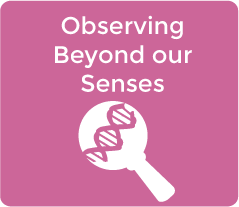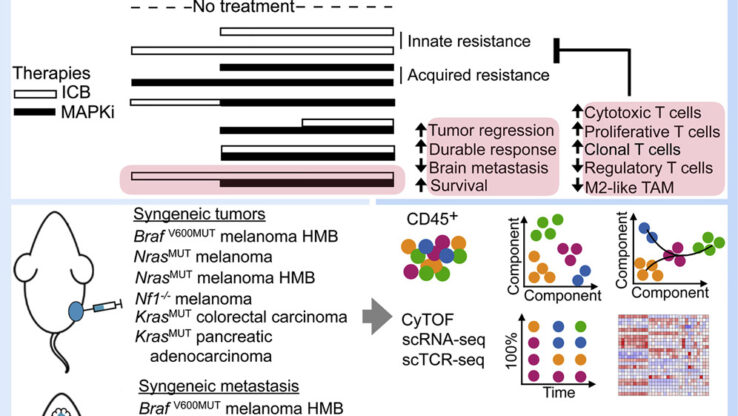SEP7 Science and Engineering Practice 7 – Engaging in Argument from Evidence
 see.isbscience.org/ngss/sep7/
see.isbscience.org/ngss/sep7/The study of science and engineering should produce a sense of the process of argument necessary for advancing and defending a new idea or an explanation of a phenomenon and the norms for conducting such arguments. In that spirit, students should argue for the explanations they construct, defend their interpretations of the associated data, and advocate for the designs they propose. (NRC Framework, 2012, p. 73)
Argumentation is a process for reaching agreements about explanations and design solutions. In science, reasoning and argument based on evidence are essential in identifying the best explanation for a natural phenomenon. In engineering, reasoning and argument are needed to identify the best solution to a design problem. Student engagement in scientific argumentation is critical if students are to understand the culture in which scientists live, and how to apply science and engineering for the benefit of society. As such, argument is a process based on evidence and reasoning that leads to explanations acceptable by the scientific community and design solutions acceptable by the engineering community.
Argument in science goes beyond reaching agreements in explanations and design solutions. Whether investigating a phenomenon, testing a design, or constructing a model to provide a mechanism for an explanation, students are expected to use argumentation to listen to, compare, and evaluate competing ideas and methods based on their merits. Scientists and engineers engage in argumentation when investigating a phenomenon, testing a design solution, resolving questions about measurements, building data models, and using evidence to evaluate claims.






